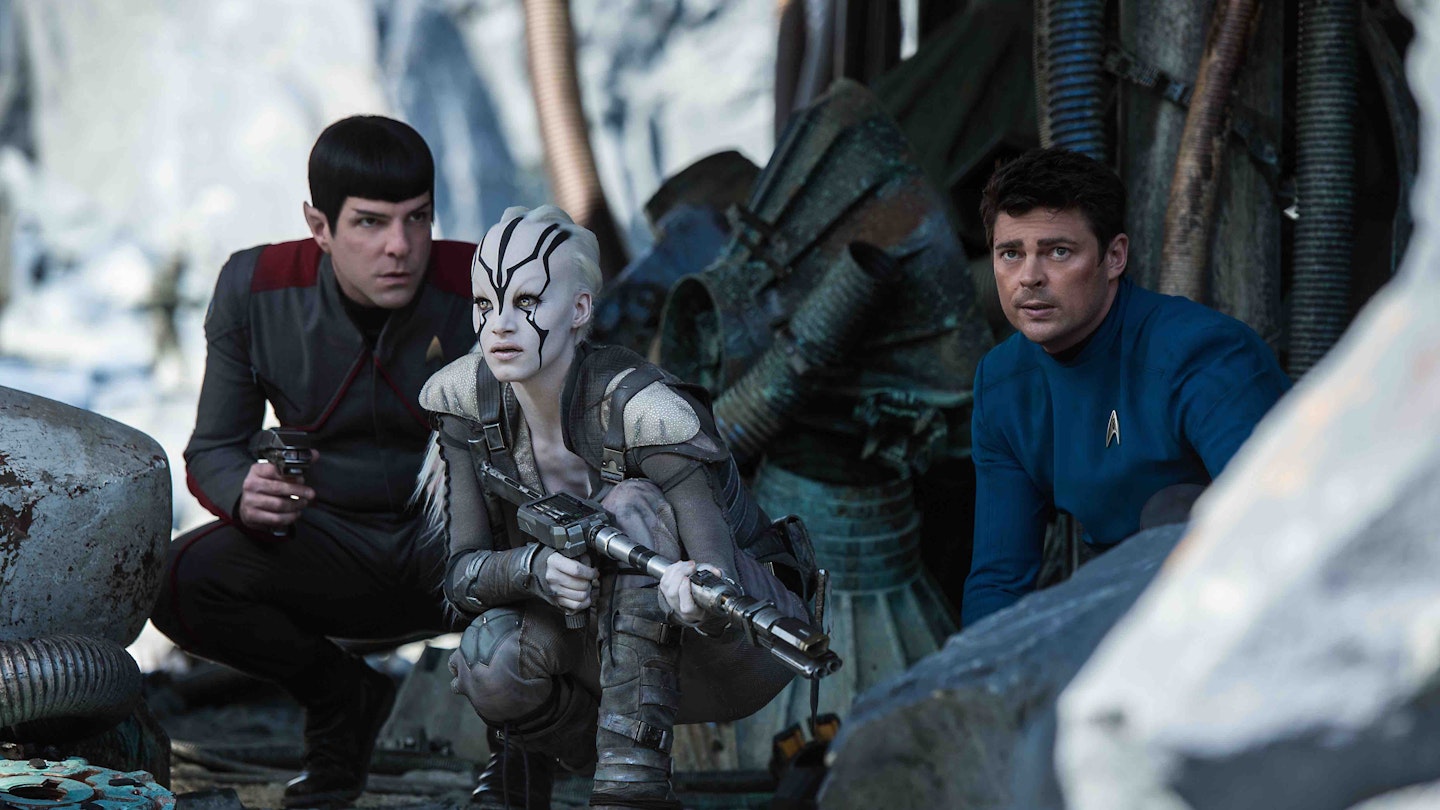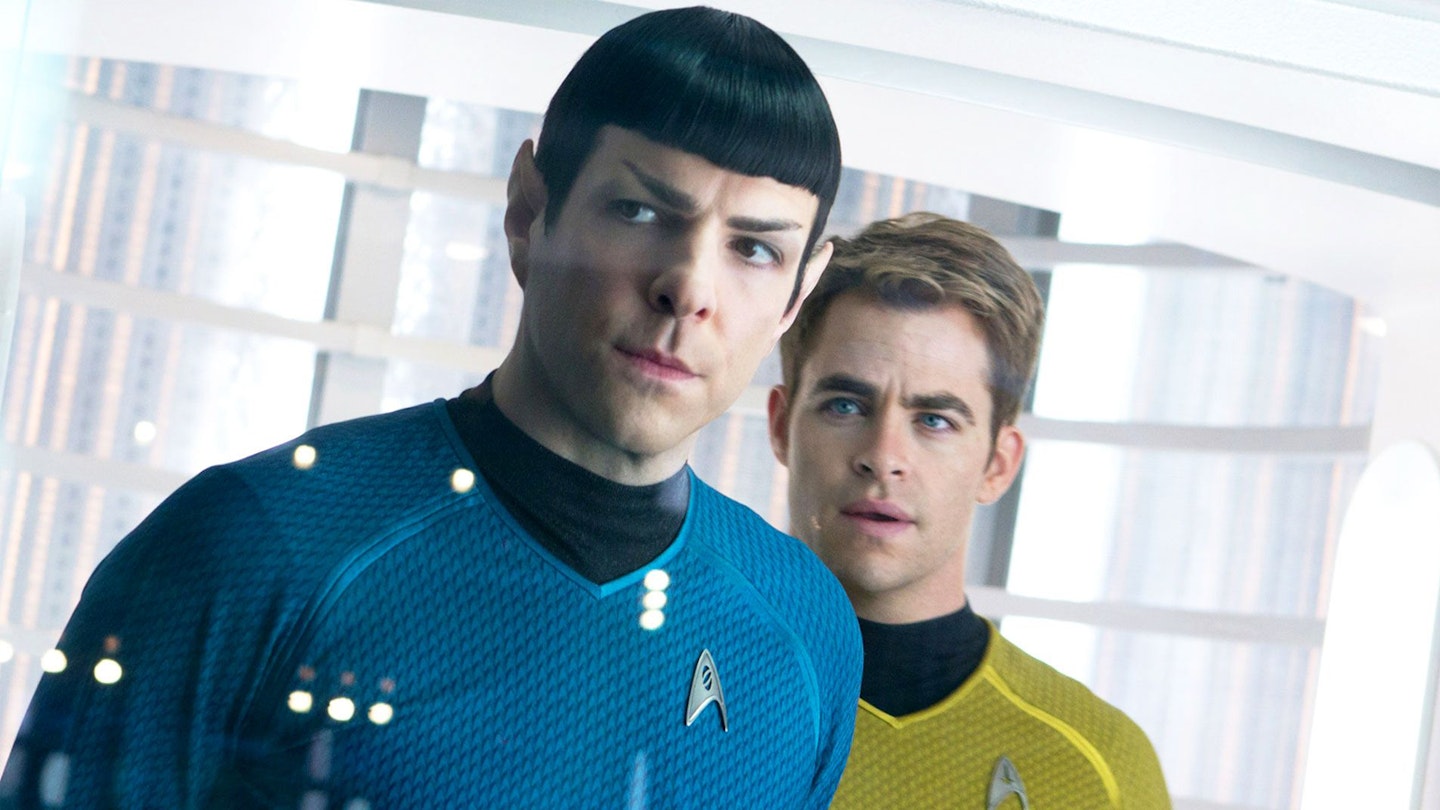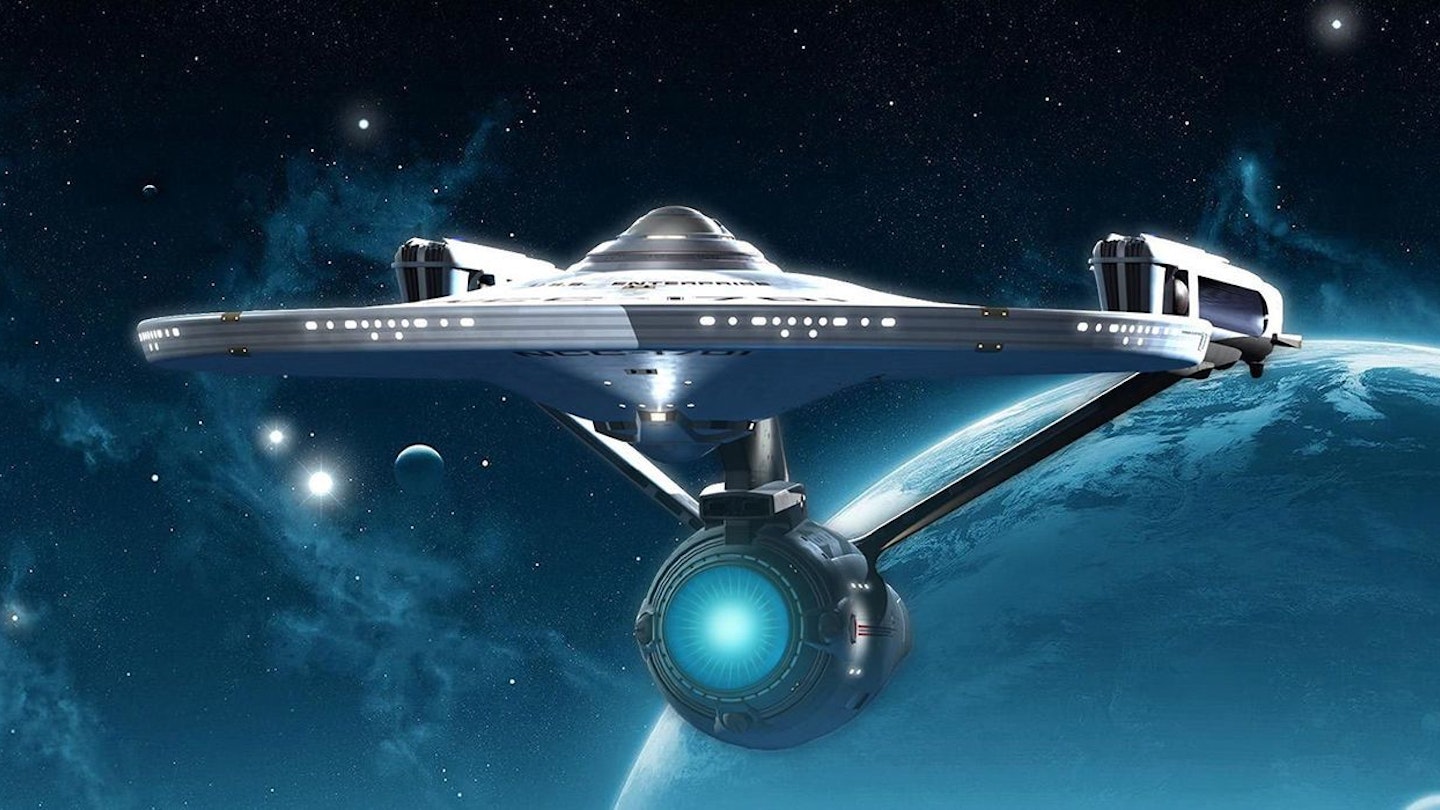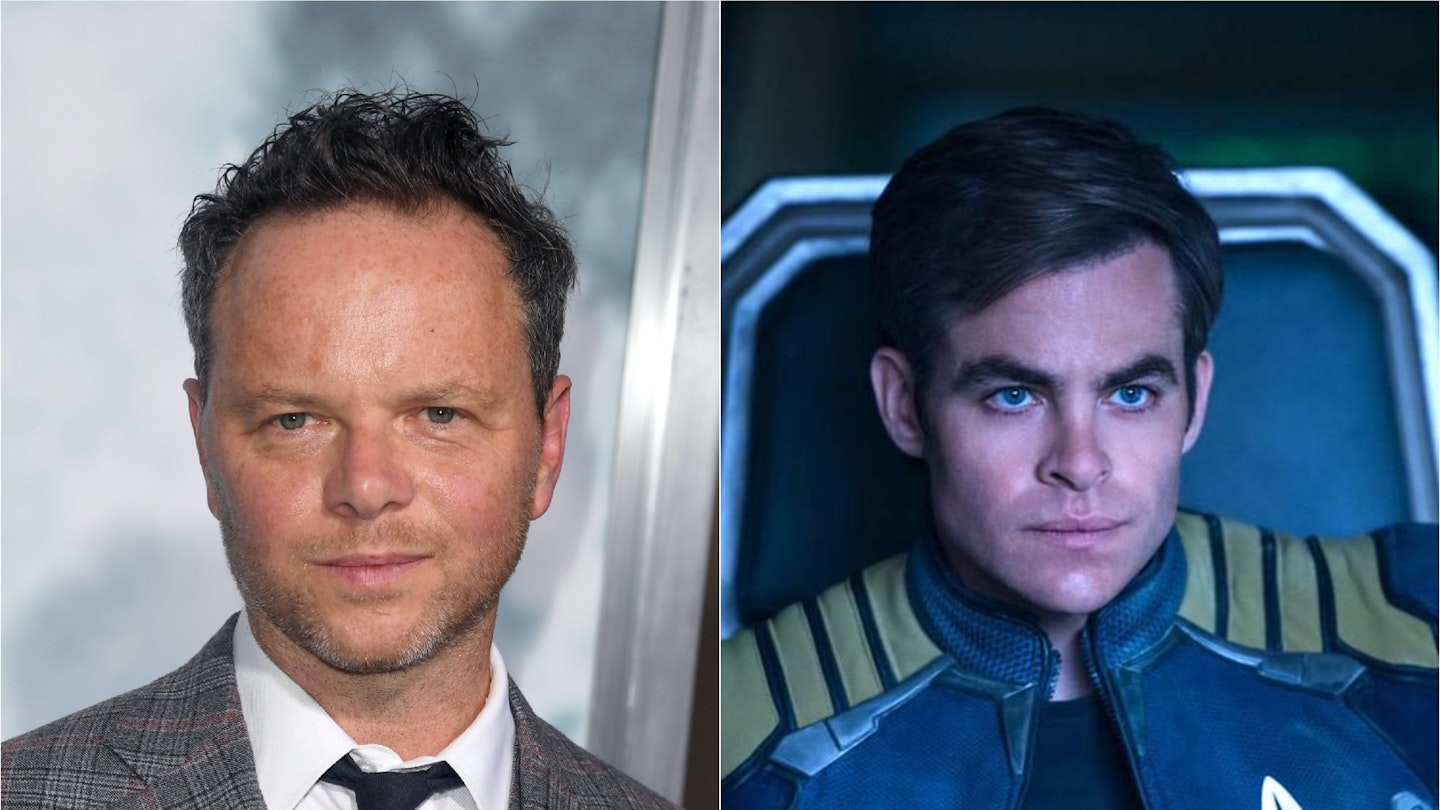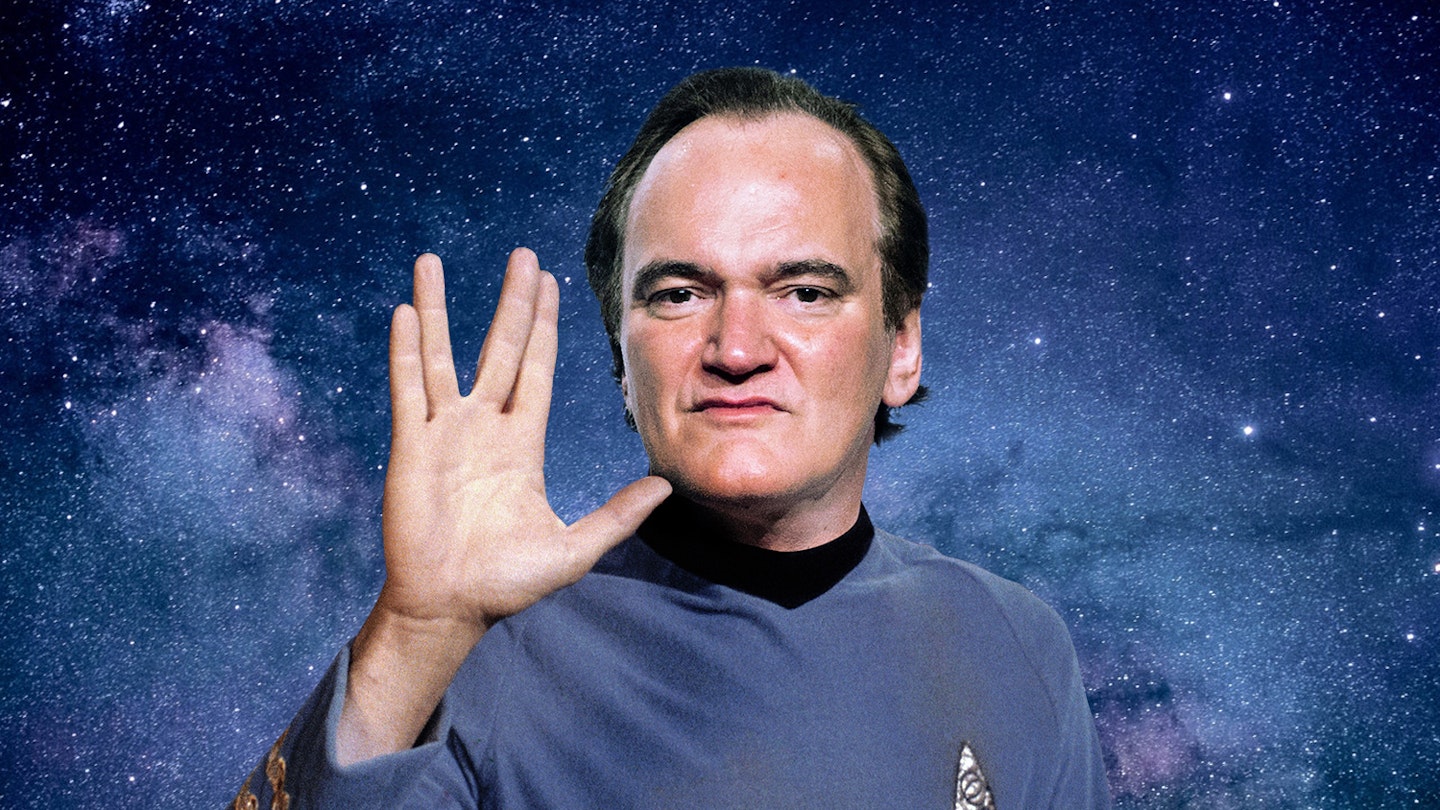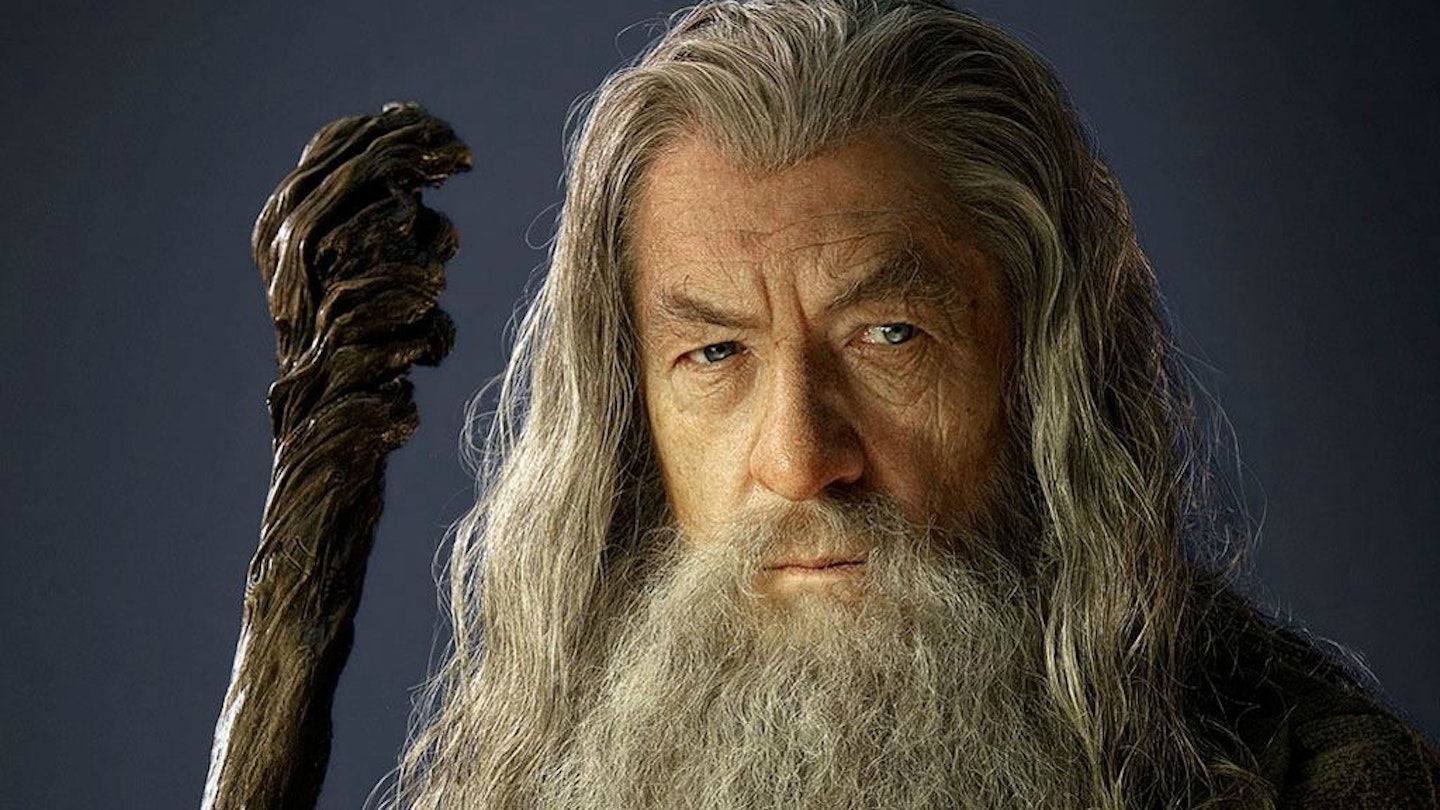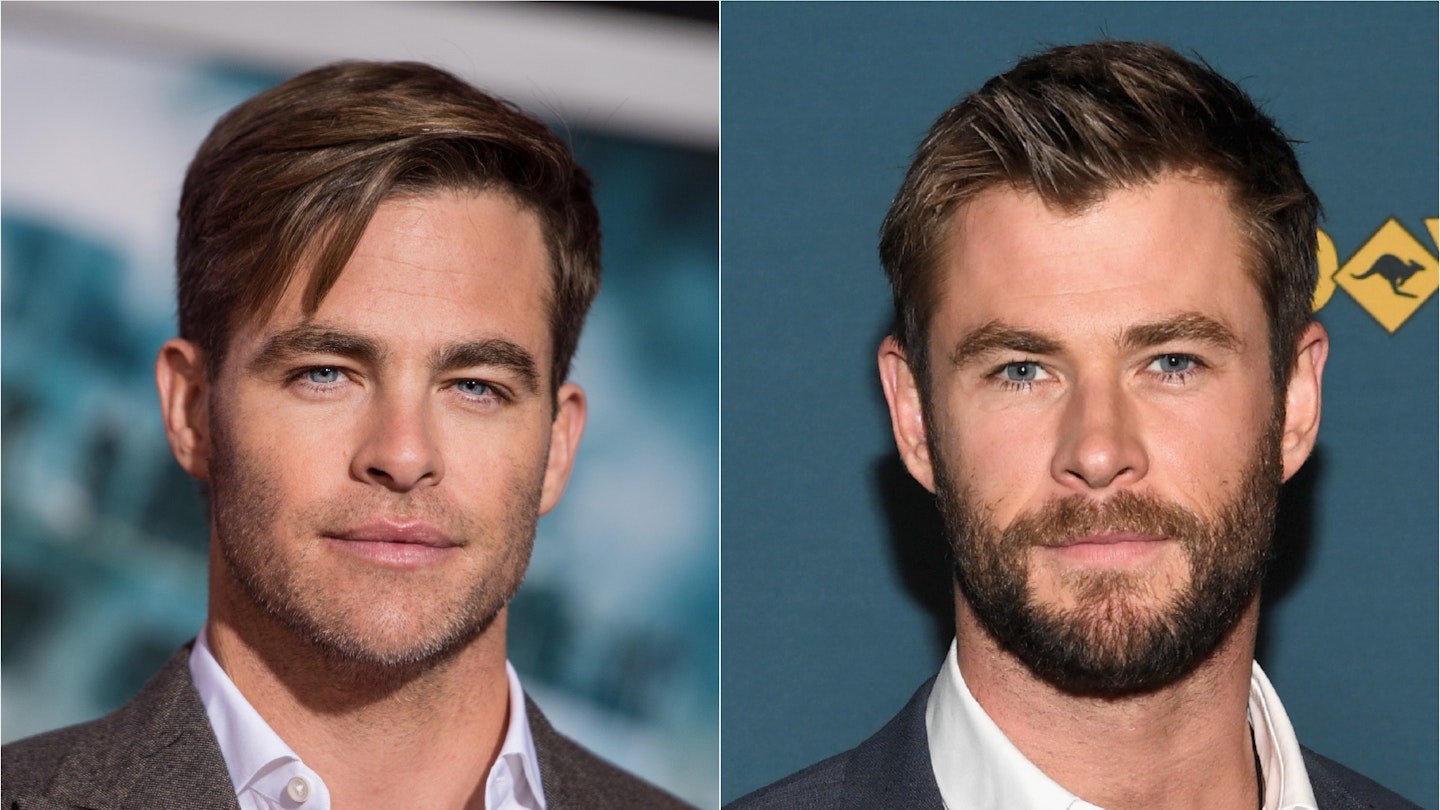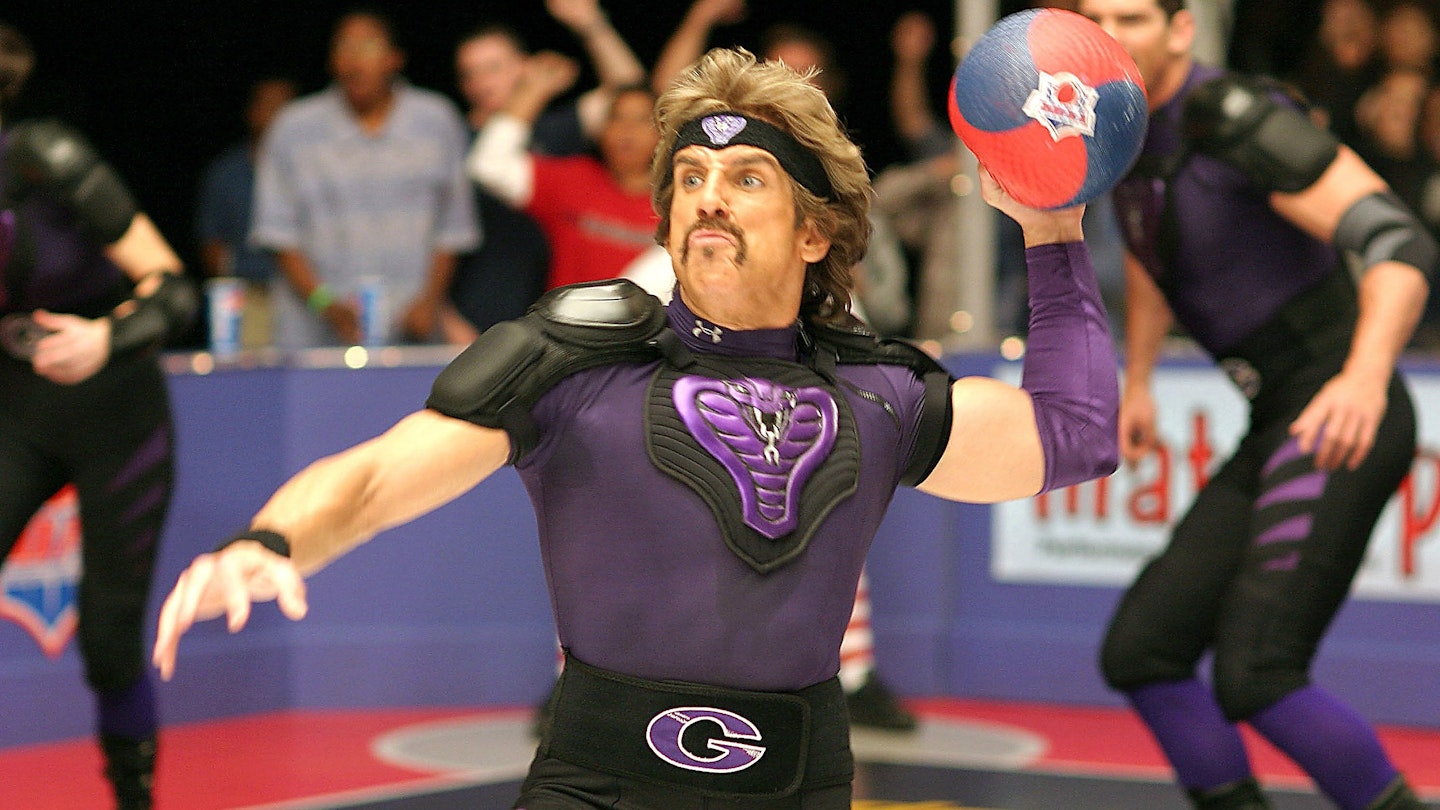Roses rarely lose their bloom as quickly as Star Trek Into Darkness. Well received upon its initial release, JJ Abrams’ sequel has since undergone a recalibration and a re-evaluation. It was famously voted worst Trek movie ever by one group of Trekkers, and has been criticised for being too dark, for its karaoke-style riffing on previous Trek films such as The Wrath Of Khan, and for simply not feeling like a Star Trek movie.
Star Trek Beyond feels like a reaction to that reaction. Here is a movie where the emphasis is on good, old-fashioned fun, and that feels, in a good way, almost like an extended episode of the Trek TV show, right down to stranding the crew of the Enterprise on an alien world where the sets sometimes feel fashioned out of polystyrene. It’s a movie that, in almost every word of Simon Pegg and Doug Jung’s script, responds to the fans’ criticisms and says, “We listened.”
It’s a movie that, in almost every word of the script, responds to the fans’ criticisms and says, “We listened.”
That kind of fan service can, of course, be dangerous, and Beyond is not without its flaws. But the key tweak here is a welcome one; namely, a new focus on Chris Pine’s Kirk, Zachary Quinto’s Spock, and Karl Urban’s Bones. That trio were the beating heart of the original iteration of Star Trek, but in terms of scenes together, they’ve been largely lacking in this new, younger, sexier guise. Indeed, Urban has talked about his reluctance to return for this instalment, and given how McCoy was reduced to virtual cameo status in Into Darkness, you couldn’t have blamed him if he had walked. But here, he’s given so much more to do, as Bones and an injured Spock become a virtual double act, a space-age Abbott and Costello, bantering and bickering with each other as they face what seems to be near-certain death. Quinto is also excellent in these scenes, which allow him to further showcase Spock’s humanity without compromising the character’s emotional core.
Pine is the stand-out here, though, as Kirk wrestles throughout with the ghost of his father, and a monumental career decision. Once again, the actor strikes the perfect blend of swaggering action hero, thoughtfulness and occasional Shatnerism. There’s a moment during a third-act action scene that should, by any rights, be utterly ridiculous (it may yet prove divisive, but we loved it; you’ll know it when you see it), yet Pine sells it with nothing more than a gleam in his eye and a slight smirk.
In an ensemble movie, heavy emphasis on some characters may mean others are somewhat underserved, and that does happen here. Even though the movie’s structure allows new director Justin Lin to split the Enterprise’s crew into different mini-factions and place the emphasis on resourcefulness and teamwork as they try to figure out a way off the rock they’re stranded upon, there’s still not a huge amount for Zoe Saldana’s Uhura, John Cho’s Sulu (who is revealed to be gay in a blink-and-you’ll-miss-it way) and the late Anton Yelchin’s Chekov to do. Pegg’s Scotty is a little more involved here, but it’s not like Pegg has suddenly written himself a hero’s role. Abrams may have gone from Trek, but his biggest legacy was in casting these roles perfectly, and there’s a joy to be gleaned from watching them interact.
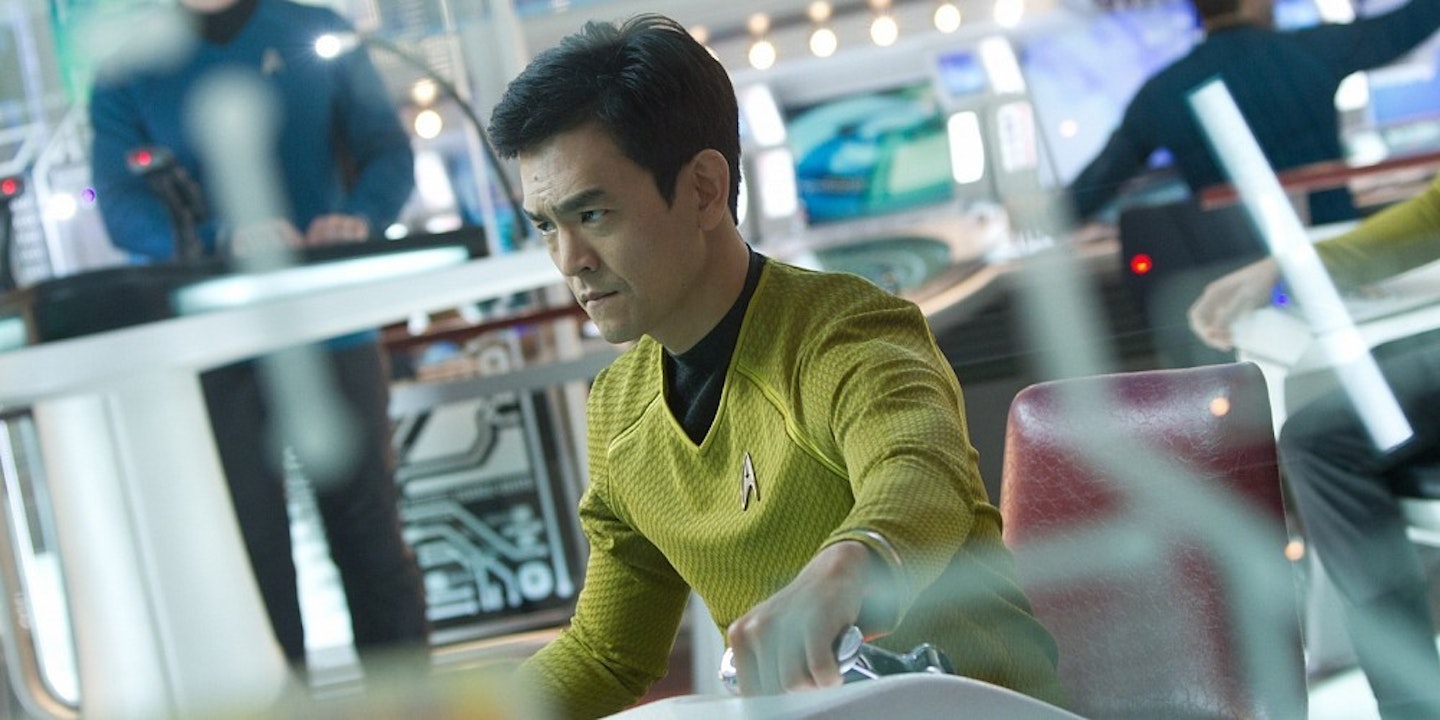
If there’s one area in which the film suffers as a result of push-back against the previous movie, it’s in the choice of bad guy. For all his faults, Benedict Cumberbatch’s Khan was a glorious highlight of Into Darkness, always needling away at its heroes, always front and centre, so much so that at times it seemed that Kirk and co were occasionally cameoing in their own movie.
Throughout it all, there’s a lovely reverence for the legacy of *Trek*.
Krall, again, seems like a direct response to that. After an eyecatching entrance worthy of a master villain, he retreats to the edges of the movie, his motivations initially unclear, his grand plan somewhat shonky in design. He is a mystery rather than a fully fledged character, and when we do catch up with him, he monologues in the standard Evilspeak of a hundred nondescript nemeses. You sense that he’s a character whose anti-Federation viewpoint is designed to spark debate — “Is Starfleet really a good thing?” But the answer is so obviously, overwhelmingly, “Yes,” that the debate quickly dies. Sadly, there’s precious little in Krall’s words or deeds to suggest why an actor as talented as Idris Elba would subject himself to hours of prosthetics. He’s just a reheated version of Eric Bana’s similarly unmemorable Nero from the 2009 reboot.
Those concerned by the hiring of Lin to replace Abrams need not be. Yes, he is the man who revitalised the Fast And Furious franchise by taking it in a gloriously OTT, ridiculously stupid direction, but here he dials down that freneticism for something more considered. It’s relatively low on the explosions front, and there are whole scenes here where the camera doesn’t move. But when the action starts, he’s more than capable of handling it, most notably in the bravura extended sequence when the Enterprise is ripped to shreds by Krall’s seemingly unstoppable swarm of bee-like ships. And throughout it all, there’s a lovely reverence for the legacy of Trek. Chances are this rose won’t be losing its bloom anytime soon.
